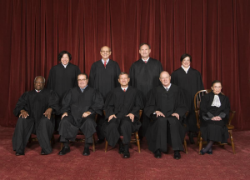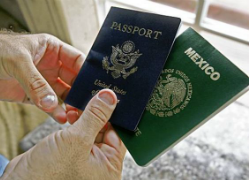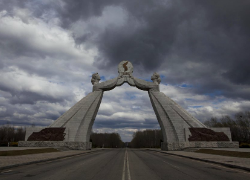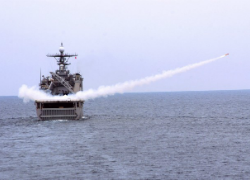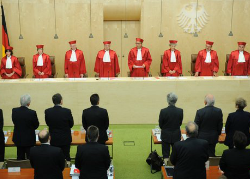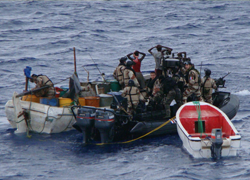Kiobel Oral Argument: Piracy May Spell Trouble for Shell
The Supreme Court opened up its October term with a healthy dose of international law in Kiobel v. Royal Dutch Shell. The petitioner, Esther Kiobel, is bringing suit against Royal Dutch Shell (Shell) alleging that the oil company aided and abetted the Nigerian government in committing gross human rights violations in the oil rich Ogoni … Read more

